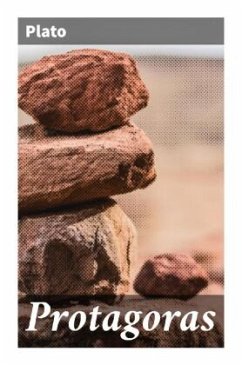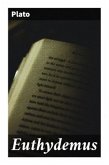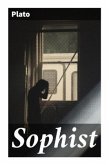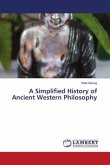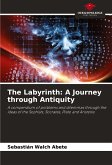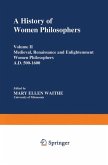In "Protagoras," Plato engages in a profound dialogue that examines the nature of virtue and the role of sophistry in Athenian society. Set in a philosophical contest between Socrates and the eponymous sophists, the text deftly explores themes such as relativism and the teachability of virtue. Employing a Socratic dialectic, Plato's literary style is both accessible and intellectually stimulating, characterized by spirited exchanges that challenge assumptions about ethics and knowledge. The dialogue not only provides insight into the philosophical climate of classical Athens but also serves as a critical commentary on the tensions between traditional values and emerging intellectual currents. Plato, a student of Socrates, was profoundly influenced by the contradictions and complexities of human nature, which he witnessed during the turmoil of Athenian politics. This work reflects his commitment to ethical inquiry and the Platonic ideal of seeking truth through rigorous discourse.The character of Protagoras represents a pivotal figure in the introduction of relativism, embodying the clash between sophistical thought and Socratic idealism, which profoundly shaped Plato's own philosophical trajectory. "Protagoras" remains an essential read for anyone interested in philosophy, ethics, or the historical foundations of Western thought. Its exploration of the interplay between knowledge and power, as well as its questions about the malleability of virtue, invite readers to reflect critically on their own beliefs and the societal influences that shape them.
Bitte wählen Sie Ihr Anliegen aus.
Rechnungen
Retourenschein anfordern
Bestellstatus
Storno

